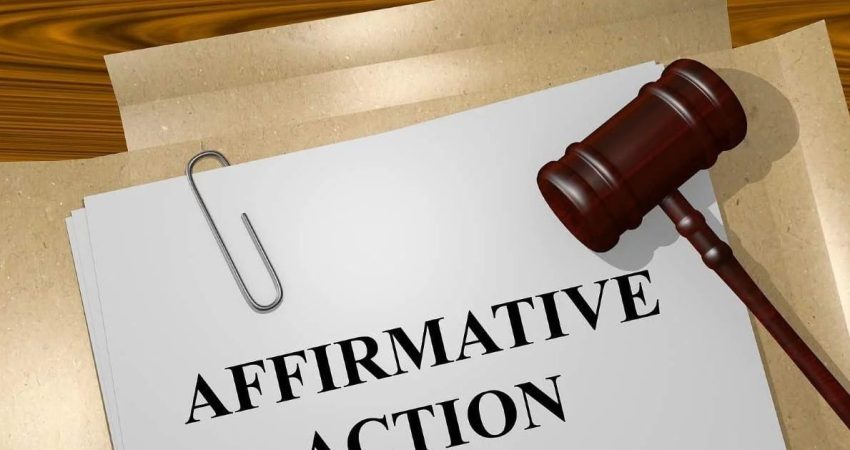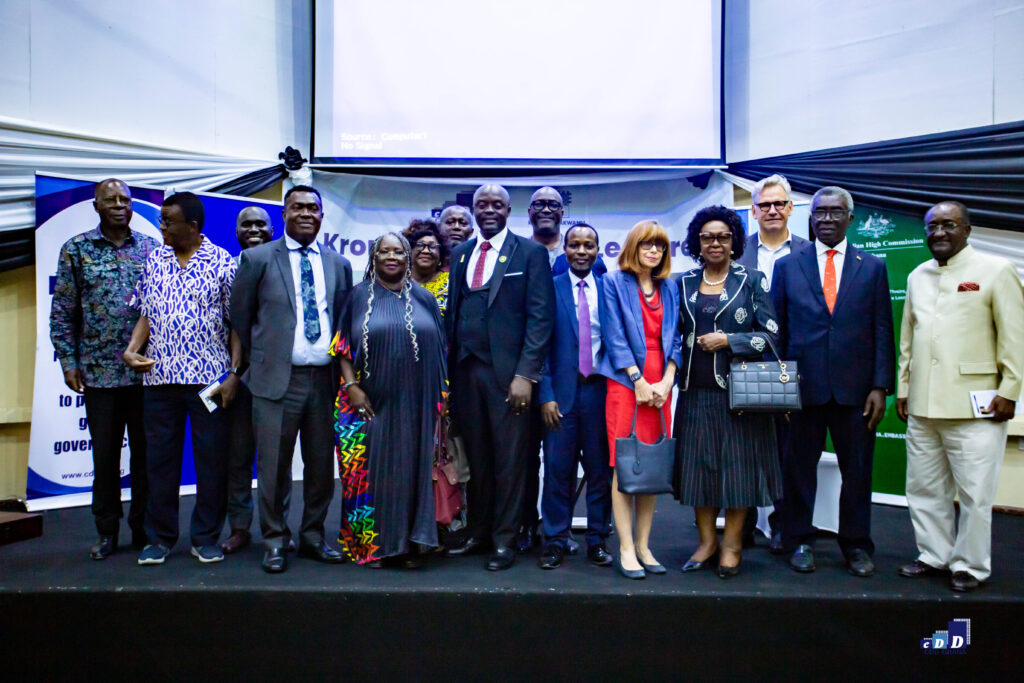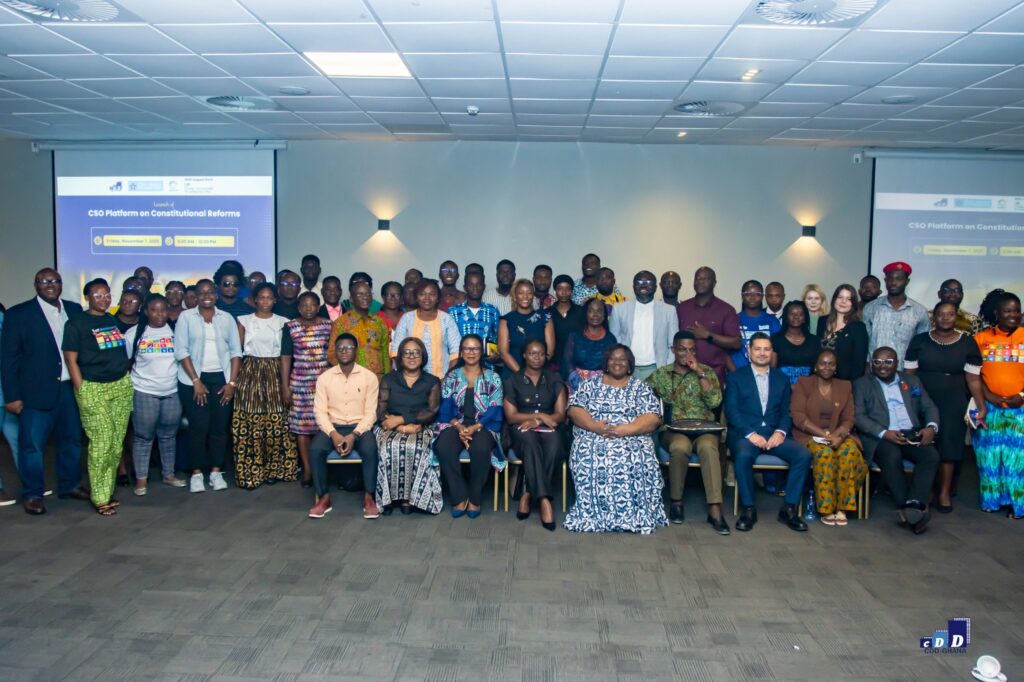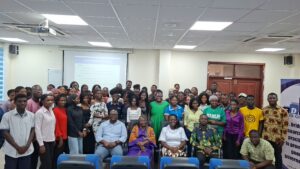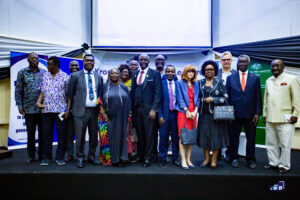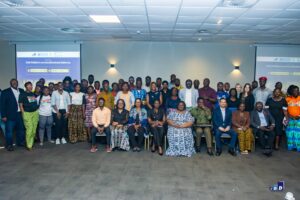There is yet another attempt to pass an affirmative action bill. The legislation, Affirmative Action (Gender Equality) Bill 2024 was presented to parliament on June 14, 2024. Given the many unsuccessful attempts over at least ten years, it is tempting to ask whether the prospects for passage are any brighter this year compared to the past. The bill is very comprehensive and attempts to address gender equality across several domains. To unpack the proposed legislation, this three-part analysis will focus on the following – a) Ghanaian attitudes about gender equality (Part I); b) Key highlights of the legislation (Part II); and c) the prospects and challenges of getting the bill through parliament.
Mapping The Gender Dispositions Landscape
In Part I, the analysis maps Ghanaian attitudes about gender equality drawing on data primarily from the Afrobarometer survey. The answers to the gender-related questions in the survey are examined from three different angles – a) our normative beliefs about gender equality; b) our assessments about the practice of gender equality; and c) the policy priority placed on gender issues.
First, here are a few highlights which illustrate our normative beliefs about gender equality.
- Equal rights for both genders. In Afrobarometer Round 2 (2002), Ghanaians were asked “Which of the following statements is closest to your view? Statement A: Women have always been subject to traditional laws and customs and should remain so. Statement B: In our country, women should have equal rights and receive the same treatment as men do.” In response, Ghanaians had this to say – seventy-six percent (76%) agreed with Statement B while twenty percent (20%) agreed with Statement A. Ghanaians reiterated this normative belief as expressed in their agreement with Statement B when the question was repeated in Round 3, 2005 (82%) and Round 5, 2012 (84%).
- Election to political office. Ghanaians generally believe women should have the same chance of being elected to political office as men. On the choice between the statements A: Women should have the same chance of being elected to political office as men; and B: Men make better political leaders than women and should be elected rather than women, the former has received strong support over the years – 84% (2005); 72% (2012); 70% (2014); 73% (2017); and 78% (2022).
- Equal rights to land. Access to land is a very prized asset in places like Ghana because it is a source of wealth for families. In response to the statement “Women should have the same rights as men to own and inherit land” a strong majority of Ghanaians agreed – 89% (2017); and 85% (2022) over the two rounds that the question was asked.
Second, here are a few highlights that illustrate Ghanaian assessments of gender equality in practice.
- Equal opportunities for men and women. In Afrobarometer Round 7 (2017), Ghanaians were asked the extent to which women and men have equal opportunities. Across the three areas probed, Ghanaians agreed, in their numbers, that men and women have equal opportunity to – a) earn an income (92%); b) get a job that pays a wage or salary (92%); and c) own and inherit land (87%). It is important to note that in Round 9 (2022), the percentage of Ghanaians saying men and women have equal opportunity to get a job that pays a wage or salary dropped to sixty-three percent (63%) whiles those saying same about owning and inheriting land dropped to seventy-one percent (71%). Nonetheless, there is still a strong belief that there is equal opportunity in the country for both genders.
- Institutional treatment of women. In Afrobarometer Round 5 (2012), Ghanaians were asked whether there is unequal treatment of women by three institutional actors. In response, a) thirty-seven percent (37%) of Ghanaians said women are often or always treated unequally by traditional authorities; b) thirty-one percent (31%) said same of police and the courts; and c) forty percent (40%) also said same about employers.
- Improvement in the equal opportunity environment – In Afrobarometer Round 7 (2019), when asked “Please tell me if the following things are worse or better now than they were a few years ago, or are they about the same? Equal opportunities and treatment for women,” Ghanaians answered as follows – 4% (much worse); 7% (worse); 44%(same); 37% (better); and 8% (much better).
- Gender based discrimination. In Afrobarometer Round 7 (2019) when asked if they had experienced gender-based discrimination or harassment in the past twelve months, nine out of ten women (89%) answered “never” of women say they have never experienced gender-based discrimination. For men, it was nine out of ten (93%) as well. However, notice the five-percentage point gap in gender-based discrimination.
Finally, let’s turn attention to how much of a priority Ghanaians place on gender issues as a matter of public policy. Since Afrobarometer Round 2 (2002) the survey asks Ghanaians to list the most important problem the government should focus on with the opportunity to list up to three responses. Across all eight rounds of the survey, the percentage of Ghanaians who have indicated that gender issues or women’s rights is a policy priority has been extremely negligible (far less than 1%). To further buttress home, the National Commission for Civic Education’s Matters of Concern To The Ghanaian Voter survey conducted during election years shows the following as the percentage of voters who have ranked women’s issues as a first priority – 2004 (8.5%); 2008 (8.2%); 2012 (9.2%); 2016 (4.4%); and 2020 (3.3%). Again, notice the five-percentage point drop between 2004 and 2020.
Making Sense of the Landscape
The previous sections mapped the landscape of how Ghanaians have wrestled with various questions about gender and women’s rights. It is very clear that normative beliefs, gender and women’s rights issues are very positive with strong support for equal rights or opportunities. The normative belief in equality for both genders is reinforced by a further belief that Ghanaian society reflects them as seen in the strong majorities who say that both men and women enjoy certain equal opportunities.
Yet there is a recognition of existing challenges when it comes to how women are treated by some institutional actors. Additionally, there is a sense that equal opportunity and treatment of women has not changed much in a positive direction. Which makes it baffling, given this recognition, gender and women’s issues have not ranked very high on the policy priority list of Ghanaians.
This sets an intriguing stage for the anticipated debate and potential passage of this bill. It is also tempting, looking at the landscape, to question the utility of an Affirmative Action Bill. But here is a way to reflect on what the legislation seeks to do. The bill seeks to a) affirm our normative beliefs in gender equality; b) address incorrect assessments of our belief about gender practices and treatment of women; and c) narrow and close gender gaps in both public and private sector spaces. All this, the legislation seeks to do through several specific institutional actions it is prescribing for both our public and private sectors.
In Part II, the analysis will focus on key highlights of the legislation and what some of the institutional actions prescribed in the bill hopes to achieve should it become the law of the land.
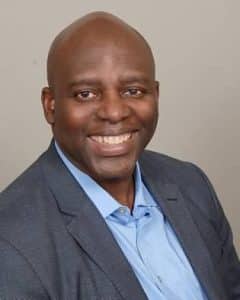 John Osae-Kwapong (PhD) is a Democracy and Development (D&D) Fellow at the Ghana Center for Democratic Development (CDD-Ghana) and the Project Director at The Democracy Project.
John Osae-Kwapong (PhD) is a Democracy and Development (D&D) Fellow at the Ghana Center for Democratic Development (CDD-Ghana) and the Project Director at The Democracy Project.


